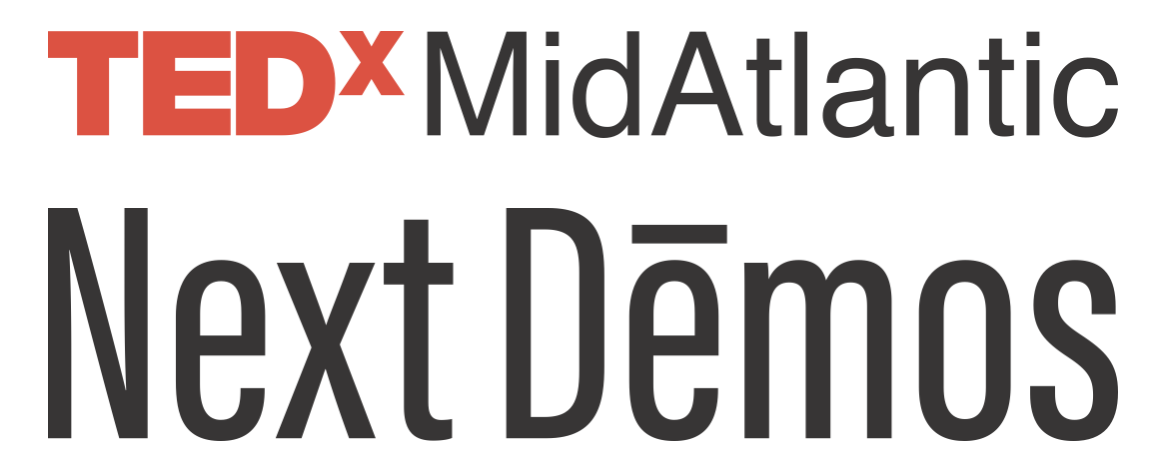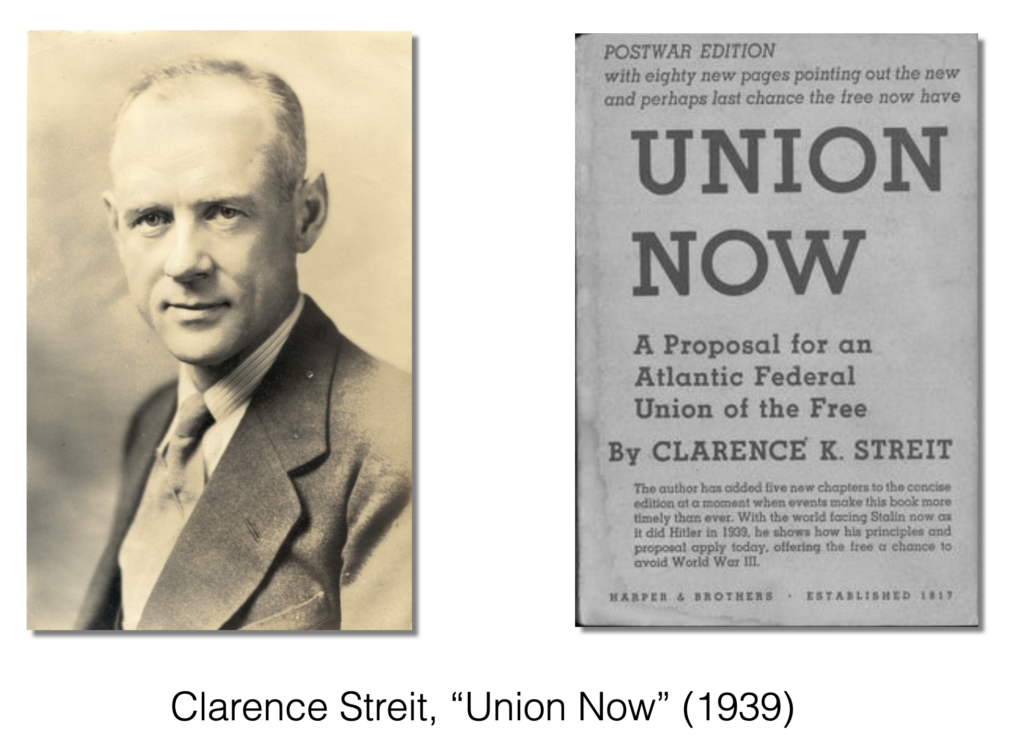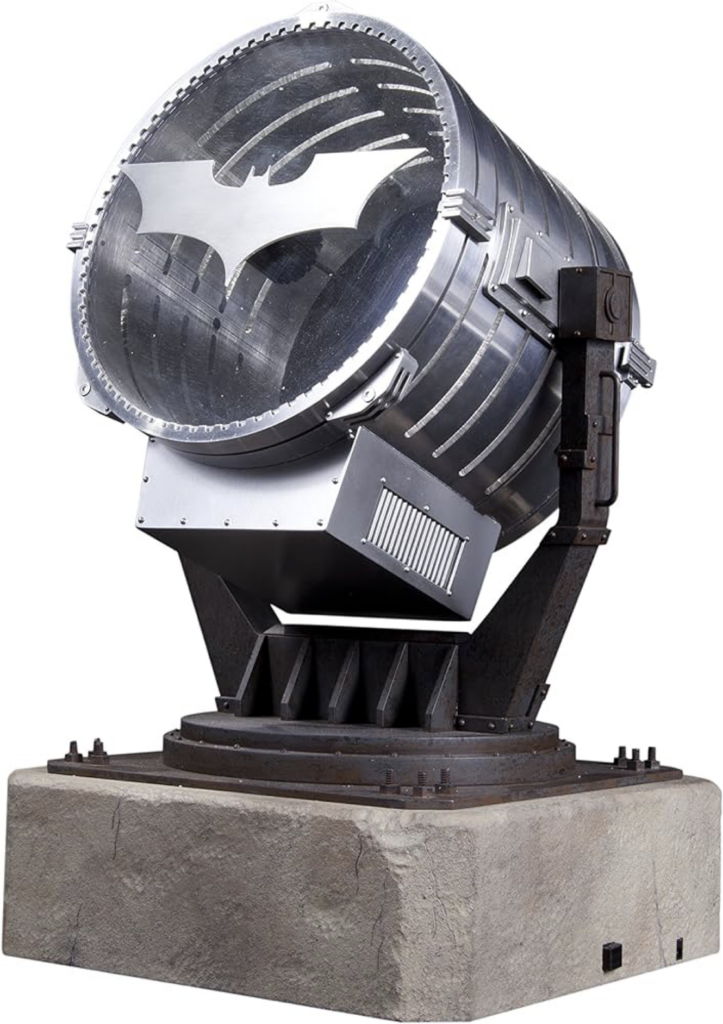

The quality of global democracies hit an all-time low in 2024. At the end of the Cold War, many people thought that democracy was inevitable end-state for the world, and would break out around the world. Today we know that’s just not true. Not only are our democracies under significant strain, they are being outflanked by an increasingly aligned bloc of authoritarian and autocratic nations. The United States, which should be a paragon of democratic values, is increasingly considered a “flawed democracy.” New thinking is required if democracies are going to meet the challenges posed by networked authoritarian and autocratic states.
To protect the future of democracy, we need to take action. TEDxMidAtlantic, in partnership with the TED Democracy Initiative, seeks to nucleate next-level conversations about the future of democracy around the world. And to do that, we’re asking three questions, 1) what root challenges does democracy face?, 2) what opportunities exist to advance democracy and to make it more resilient?, and 3) who are the leading voices who can advance ideas that contribute meaningfully to making democracy better and stronger? Using the combined power of the TEDxMidAtlantic network (rooted in Washington, D.C.) along with the global TED, TEDx, and TED Democracy networks, we have a real opportunity to unearth creative ideas — both new and old — and people who can help us build a future aligned with democratic values. We call this initiative Next Dēmos.
Get Involved. Next Dēmos is an experiment. Launched at TEDxMidAtlantic in June 2024, the next step is to identify people who can contribute to this ongoing conversation. We’ll be hosting a small gathering in Washington D.C. later in 2024 to kick off the conversation. To join the NextDēmos network, or nominate someone you think should be a part of it, please fill out this quick form.
Why Next Dēmos? We believe that the future of democracy must be deeply rooted in the concept of the “demos” — that is, rule by everyone. It’s easy to get caught up in the mechanics of the democracies we know well, and those details are incredibly important. But we want to go deeper still to get at the systemic challenges that are placing the future of democracies in doubt, and to do that we believe we need to consider the idea of a global dēmos more deeply. Keep reading to find out what we mean.
Clarence Streit’s “Union Now” — An Idea Whose Time Has Come?
The year was 1939, war was on everyone’s mind — and Clarence Streit had an idea. Clarence Streit, a reporter for the New York Times, was assigned to cover the League of Nations in Geneva, Switzerland in 1929. For the several years he was there, he began to make keen observations about why that organization didn’t function well — and most importantly, was failing to prevent war — the spectre of which was becoming increasingly alarming and obvious by 1939. Streit began gathering up his observations in the form of a proposal as early as 1933. That proposal was published in 1939, under the title “Union Now: A Proposal for an Atlantic Federal Union of the Free.”

What Streit proposed was a union of democracies. Just as the original 13 American colonies organized to form the United States under the Constitution, he envisioned a way that 15 of the world’s largest democracies that might organize under a union structure. And the idea gained a lot of support. He envisioned it as an alternative to the failing League of Nations, and believed the reason it would fail is because countries rather than people were the members of the organization. Nationalism, he believed, would always lead to irreconcilable conflict within a League structure — and was antidemocratic besides.
Spoiler Alert: The League of Nations failed to prevent World War II. For all of the high hopes that people harbored when the League of Nations was created, the League’s structure doomed it to irrelevance, just as Streit had feared. And the horrors of the Second World War were unleashed upon the world. And while the invention of the nuclear bomb and the decisive defeat of Germany effectively “ended” that war, many of the structural problems Streit cited were merely repeated in the Cold War era. Namely, the United Nations replicated the key failings of the League of Nations, by again failing to root its membership structure in individuals. And while NATO picked up some of Streit’s ideas in the form of a defense alliance for North Atlantic countries, the idea for a true union of democracies remains unexplored terrain.
We’re stuck in a rut, and it’s leading us towards war and internal division. Our postwar institutions have, for the most part, worked remarkably well, and created an era of unprecedented peace and prosperity. But cracks are starting to show. Are these the right kinds of institutions for the 21st and 22nd centuries? How will we address global challenges like climate? Can democracies survive in the face of increasing challenges from networked autocracies? These are serious, important questions — and today’s think tanks are mostly focused on the institutions of the prior era. Useful work, to be sure, but there is a deficit of big, imaginative thinking — the kind that Clarence Streit was championing in 1939 — to help shape our future. And Streit’s ideas aren’t the only ones we should revisit — there are countless imaginative ideas we should be exploring! NextDēmos is our effort to bring these kinds of big picture conversations back into vogue — all in alignment with democratic values.

What’s Next? We are launching a series of online gatherings to get things underway. If you feel called to be part of this conversation, or know someone who might be (whether they live here or somewhere else), please fill out our nomination form. We’re sending up the bat signal to find the best and brightest minds interested not only in advancing democracy in the United States, but globally. This is a conversation that’s at least 85 years overdue! And we’ll keep you posted as this project evolves!
The TED network, which is global in scope, has a real chance to make an impact in advancing democratic ideas globally, and we’re thrilled to be a part of that effort, thanks to the TED Democracy Initiative. As TED’s new slogan says, “Ideas change everything.” But it’s up to us to find and develop the ideas that will ensure things change for the better. Please join us!
